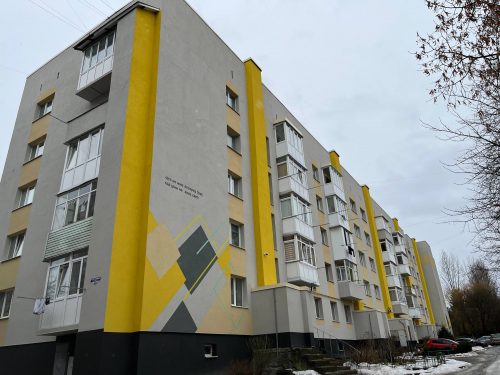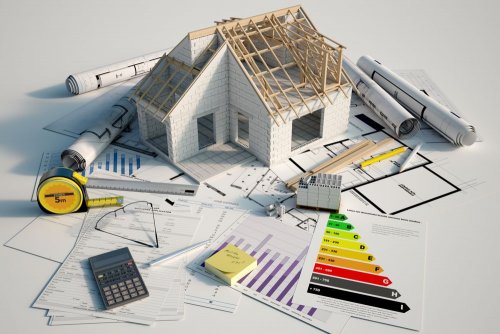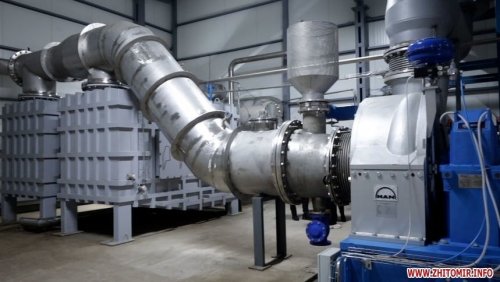In the Netherlands, climate start-up Gradyent has developed Digital Twin software for district heating, which will help save on average 20% of heat loss, 10% of CO2 emissions and 5-10% of fuel costs.
The company has attracted €10 million in investment to make district heating systems more efficient and sustainable, reports Tech.eu.
This green technology will help heating companies optimize their systems, reduce carbon emissions and provide affordable and reliable heat.
The financing will be supported by investors including Capricorn Partners, ENERGIIQ, Helen Ventures and Eneco.
The technology creates a digital copy of a physical thermal system that combines geographic, weather and sensor data with physical models and artificial intelligence. Its developers note that the technology allows to optimize the heating system in real time and run simulations of future situations.
"Our mission is to make heating systems future-proof. With the Gradyent Digital Twin, we can both increase the efficiency of existing systems and accelerate the transition to more sustainable systems," said Gradient CEO Hervé Huisman.
More than 25% of global energy consumption comes from heating and cooling buildings. On an annual basis, these grids lose about a quarter of their heat. With fuel prices rising, there is a risk of fuel shortages and the call for CO2 reduction is getting stronger.
The article noted that heating systems often run on outdated software and the transformation to integrated energy systems with local sustainable sources makes it even more important to have the right software.
Earlier, EcoPolitic wrote, that the European Commission approved the plan developed by the German government of eco-modernization of centralized heating for €2.98 billion.
As EcoPolitic previously reported, Poland needs the development of the heating sector to ensure better air quality and get rid of smog, in particular, replacement of old, inefficient household heating sources.





